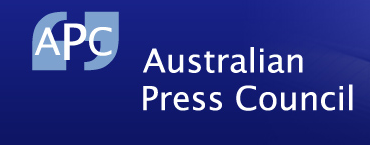Geelong Advertiser’s ‘Skull Clue Twist’ image offensive and distressing, says Press Council
The Australian Press Council has censured an image on the front page of the Geelong Advertiser featuring a missing man’s face and a human skull, arguing it will cause “substantial offence” and “distress.”
‘Skull Clue Twist’, an online and print article published on 16 February 2017, included an image with missing man, Paul Kingsbury’s face digitally altered to a human skull.


